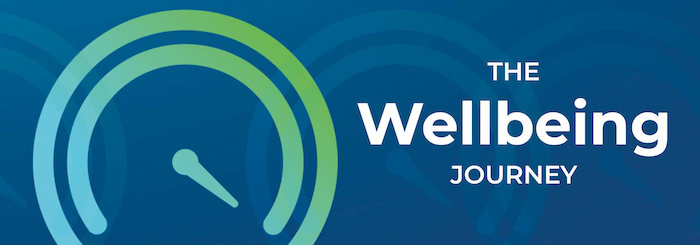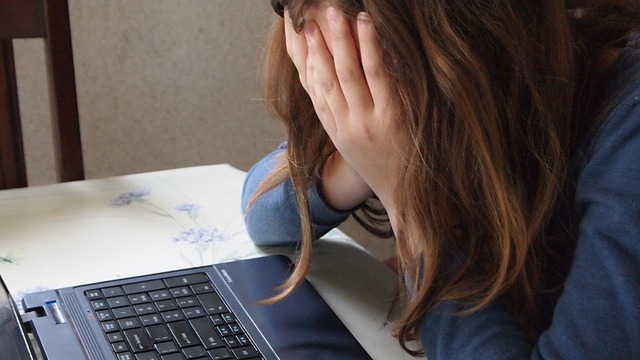Wellbeing Thought for Thursday 25th February 2021
Thursday 25 Feb
Gratitude
“Rejoice always, … give thanks in all circumstances” (1 Thessalonians 5.16-18)
Studies have shown that the attitude of gratitude can increase our happiness by as much as 25%. It helps us savour the good things in life. But it’s not enough to feel gratitude – we need to express it. Some people write down three things they are grateful for each night. The Book of Psalms is full of songs of gratitude to God. The Apostle Paul wrote a letter full of gratitude to God … from prison! (Read Philippians 4.4)
> Which gratitude habits could you adopt? Read Psalm 103 and write your own list of what you’re grateful to God for.


